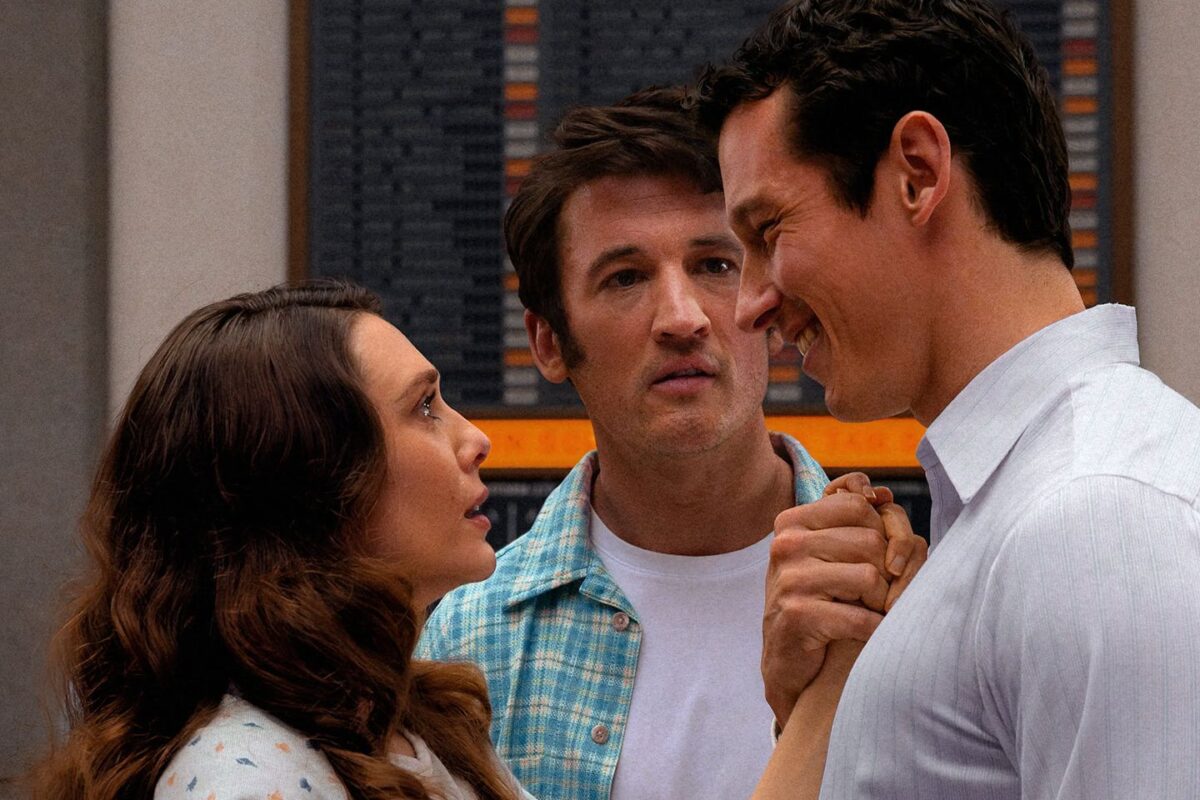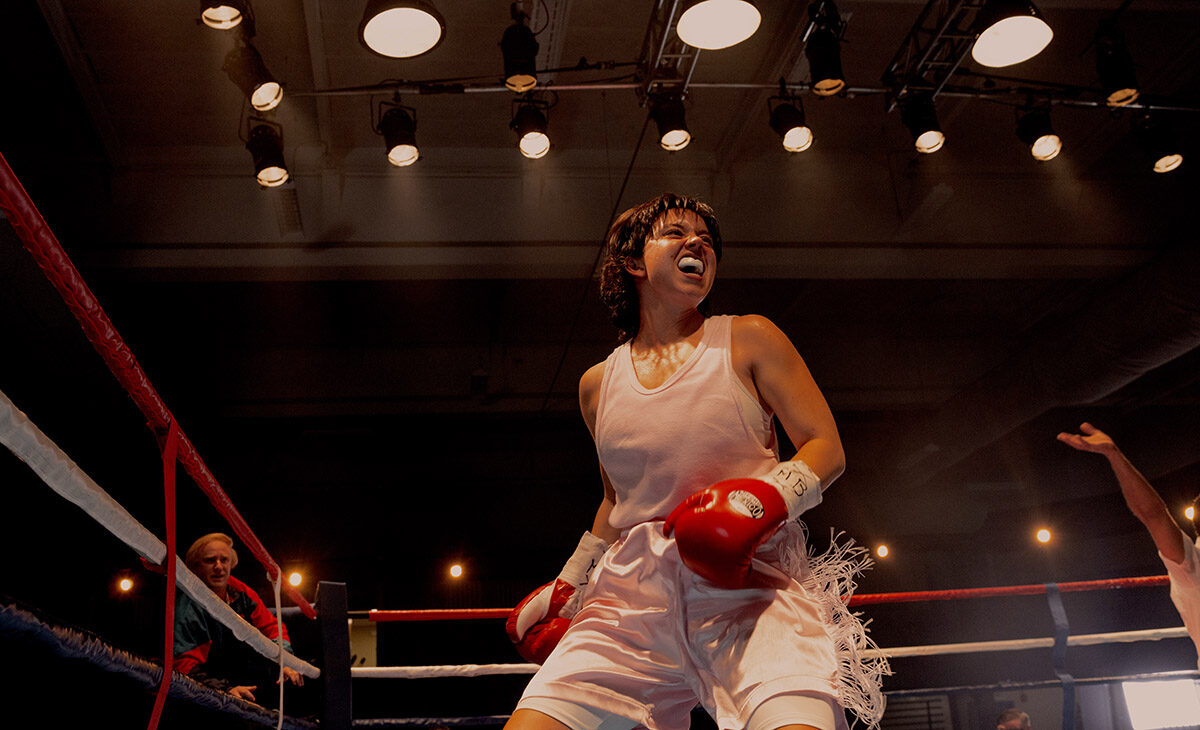
- Starring
- Lee Byung-hun, Son Ye-jin, Park Hee-soon, Lee Sung-min
- Written by
- Park Cahn-wook, Lee Kyoung-mi, Jay Lee, and Don McKellar (writer), Donald E Westlake (novel
- Directred by
- Park Chan-wook
- Run Time
- 2h 19min
- Release Date
Overall Score
Rating Summary
In 2016, I was introduced to a filmmaker — and as his film The Handmaiden ended, I knew I had fallen completely in cinema love. That filmmaker is Park Chan-wook, and for my movie-loving world, there is the time before Park and the time after. Since that discovery, I’ve tried to consume not just Park’s work but Korean cinema in general, and in the process, I’ve found films and filmmakers that I’ve come to adore. So, with that said, when Park has a new movie coming out, I run — not walk — to the theater. Because once again, with No Other Choice, the man has delivered perfection.
For Man-soo (Lee Byung-hun), life is pretty good. He has a stable job as a line manager at a paper factory and a wonderful family — including a beautiful wife named Mi-ri (Son Ye-jin) and two children. Everything seems to be going great until an American company buys the factory and initiates layoffs — including Man-soo. Time passes, and there are no jobs to be found, especially in the paper business, the one thing Man-soo excels at. (After all, he was once Pulp Man of the Year.) Things begin to look bleak for him and his family. It’s gotten to the point where he may have to sell their home, until an opportunity arises: another paper company is looking for a line manager. But when Man-soo looks closer, he realizes he may not be the top candidate. Knowing this might be his only shot, Man-soo devises a desperate plan — to eliminate his competition in order to secure the job.
What follows is madness, as this man will do whatever it takes to once again support his family and provide them the life they deserve.
Written by Lee Kyoung-mi, Jahye Lee, Don McKellar, and Park Chan-wook — and based on Donald Westlake’s novel The Ax — No Other Choice holds up a mirror to society, showing it for what it is without offering easy answers. Park takes Westlake’s horror-thriller and transforms it into a dark comedy wrapped in realism. While satirical, it also feels like a warning. It’s a sharp look at corporate indifference and the fragility of modern masculinity, yet it resists making simplistic moral judgments.
No Other Choice is a masterful story about economic despair — it’s as visually stunning as it is funny. Park’s camera always finds the perfect perspective, seamlessly blending fantasy, memory, and reality with a tension that builds beautifully through his signature precision. The film has an impeccable rhythm and staging; there isn’t a wasted frame.
A major key to its success is Lee Byung-hun’s remarkable performance — physical yet deeply emotional, allowing audiences to relate to a man losing his moral compass. In today’s world, where economic despair feels omnipresent, No Other Choice stands as a darkly comic portrait of desperation — a film that’s both precise and powerful in its relevance.
Watching Man-soo’s descent forces the audience to question themselves: how far would you go if faced with a situation where you had no other choice? Whatever that answer might be, Park Chan-wook once again delivers a masterpiece — one that feels timely, terrifying, and oddly cathartic in this economy.



